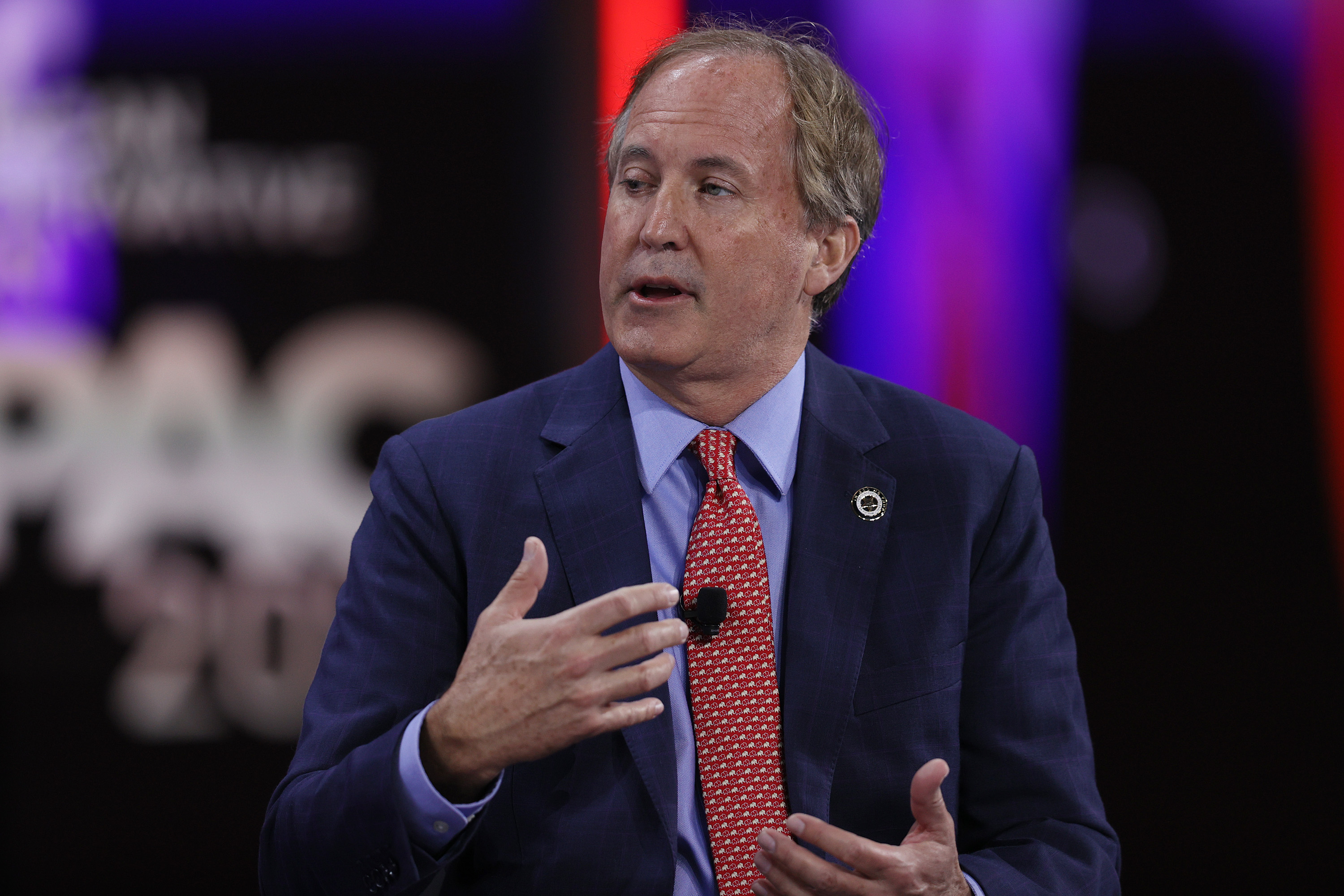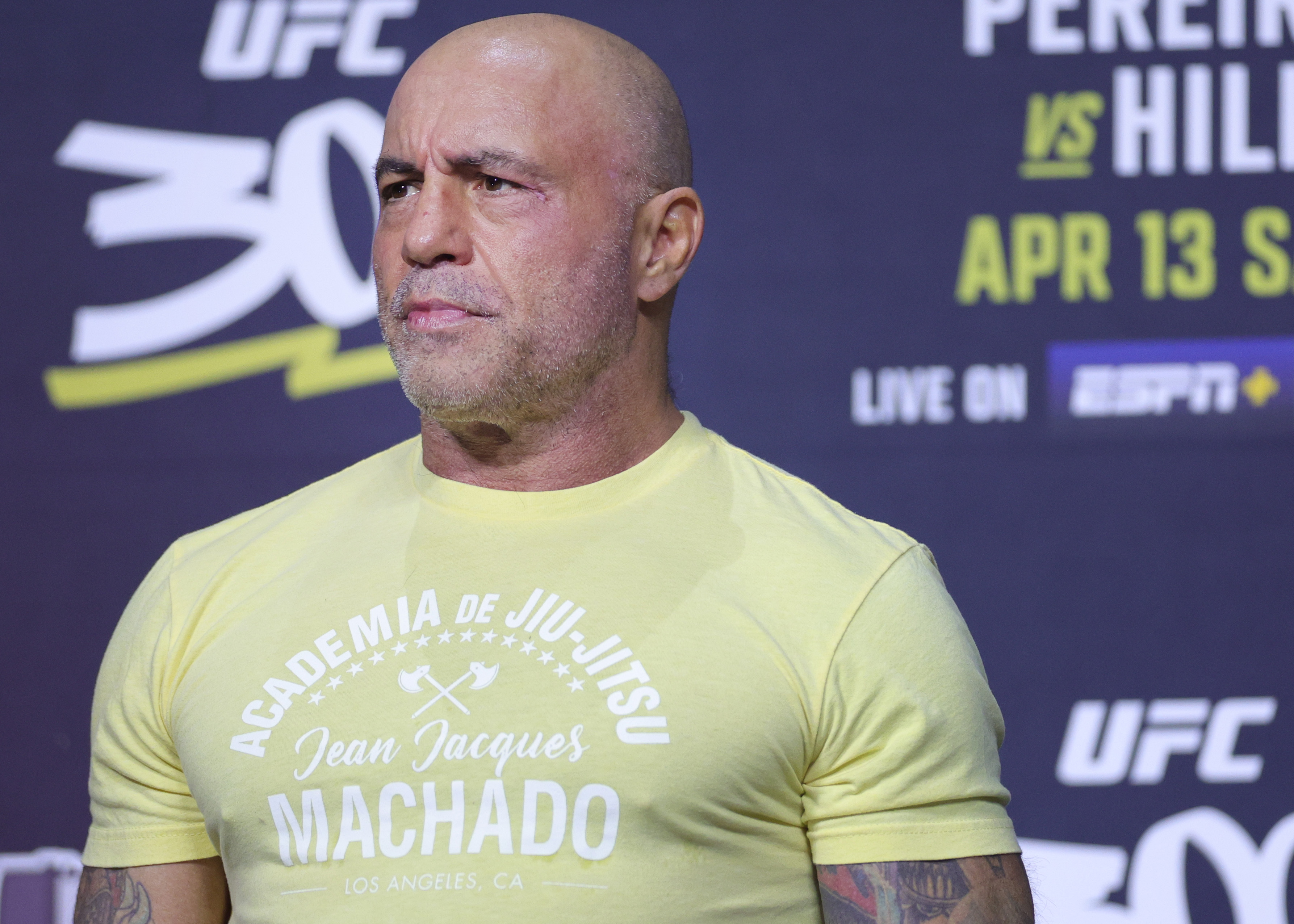It may be hard to believe that a slice of Gouda or wedge of cheddar might do more than satisfy your taste buds—it could also be a secret weapon for your oral health.
Research suggests that eating cheese can help strengthen teeth, reduce the risk of cavities and promote a healthier mouth. Packed with calcium, phosphate and casein, cheese provides the essential nutrients teeth need while neutralizing acids that can erode enamel.
But this doesn't mean replacing your toothbrush and toothpaste with a melted cheese toastie or a slice of pizza. After all, the benefits are only relevant to certain types of cheese when consumed in moderation, according to Dr. Jennifer Silver, a dentist with nine years of experience.

According to the United States Department of Agriculture's (USDA) MyPlate program, 1 ½ ounces of hard cheese (such as cheddar, Swiss or Parmesan) is considered safe to eat. As we know, too much of a good thing can be harmful, and this tasty dairy product is high in saturated fat and salt.
Nonetheless, cheese shouldn't be demonized. Instead, it should be appreciated for its natural ingredients, which are responsible for the following benefits, according to Silver.
pH Balancing
"One of the surprising benefits of cheese is its ability to alter your mouth's pH," said Silver, the owner of Macleod Trail Dental Clinic in Calgary, Canada.
She points out that aged varieties like Blue Cheese or Parmesan create an alkaline environment.
"This shift helps neutralize the acids produced by harmful bacteria, reducing the risk of enamel erosion and cavities. You're actively safeguarding your teeth against acid attacks by including these cheeses in your diet," she explained.
A Natural Shield
"Cheese is rich in casein, a protein that creates a protective film over your teeth," she said. "It is a natural 'shield' against acid damage, especially after eating something acidic like citrus or sugary desserts. Even a small piece of cheese after such meals can restore balance in your mouth and protect your enamel from further harm. I often recommend this simple practice to patients who are prone to sensitivity or cavities."
Fighting Harmful Bacteria
While cheese may not leave a fresh and minty taste like mouthwash does, it is capable of doing the same thing.
Silver told Newsweek: "A lesser-known aspect of cheese is its peptide content, which inhibits the growth of Streptococcus mutans—the primary bacterium responsible for tooth decay. These peptides prevent bacteria from adhering to your enamel, reducing their harmful effects. Aged cheeses like Gouda or Gruyère are particularly effective, as their fermentation process enhances these protective peptides."
What Happens If You Overindulge?

To reap the benefits of cheese, it should be eaten in small amounts. In March 2023, a scientific review found that 15 grams of cheese by itself or as part of a cooked meal increased the calcium concentration of dental plaque and thus may protect teeth.
Silver added: "Cheese is great for your teeth in moderation, but eating too much can have drawbacks. For instance, I've noticed that excessive consumption, particularly alongside sticky or sugary foods, can lead to more plaque buildup.
"Additionally, the fats in cheese can sometimes contribute to dry mouth in certain individuals, which reduces saliva production—a key component of natural oral hygiene. I always recommend balancing cheese with fibrous foods like apples or celery to keep your mouth healthy and clean."
Is there a health issue that's worrying you? Let us know via health@newsweek.com. We can ask experts for advice, and your story could be featured on Newsweek.




















 English (US) ·
English (US) ·